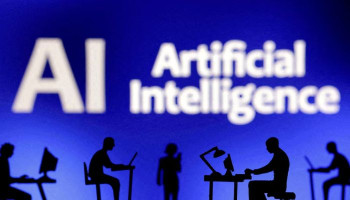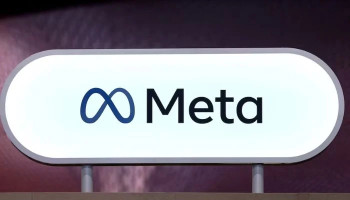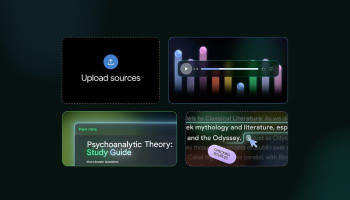
In an era where AI threatens to overhaul job landscapes, Nicholas Bloom, a Stanford University economics professor specialising in remote employment, reveals a surprising shield against automation: the power of in-person engagement.
Bloom's groundbreaking insights to Business Insider reveal that jobs involving occasional face-to-face interactions, such as team meetings or sporadic management tasks, provide a safeguard against AI replacement. Even minimal monthly in-person engagement, according to Bloom, creates a unique dimension unattainable by artificial intelligence.
While 60% of workers in America and Northern Europe lack a fully remote work option and 30% operate in hybrid models, companies like Amazon and Roblox are initiating office return policies, prompting debates about the ideal balance between remote and in-office workdays.
This push-and-pull between employers and staff preferences becomes evident in Amazon's struggle, witnessing a significant employee exodus after implementing a hybrid work scheme conflicting with employees' desires for more remote days.
Bloom forewarns that occupations involving repetitive tasks and complete remote work, like data entry, call centres, or HR roles, are most susceptible to AI replacement within the coming decade.
However, hybrid workers, per Bloom's analysis, are less threatened by immediate AI takeover, aligning with multiple studies suggesting that AI will enhance more jobs than it displaces.
Highlighting the resilience of physical jobs requiring specialised skills, reports hint at their relative safety from AI encroachment. Yet, even lower-skilled roles may witness automation's impact, possibly led by robots replacing certain human-operated functions.
As the race between human jobs and AI advancements intensifies, concerns grow over AI's potential to affect millions of global jobs, with varied estimates ranging from millions to hundreds of millions.
With AI evolving rapidly, examples like Amazon's recent integration of humanoid robots in warehouses spotlight the growing adoption of automation technologies, hinting at a future where AI might perform an array of tasks.
The story of a CEO replacing 90% of support staff with generative AI serves as a stark reminder that certain job roles, particularly those centred on copy-paste tasks, may face extinction sooner than anticipated.
In the quest to navigate the uncertain future of work amidst AI's looming presence, Bloom's advice on the importance of in-person engagement emerges as a crucial strategy, emphasizing the value of human interaction in safeguarding job security against the encroaching wave of automation.
















